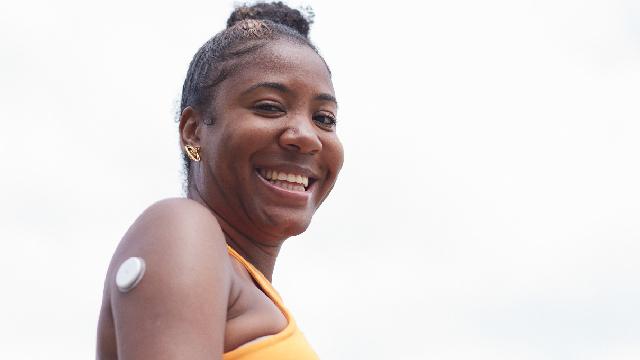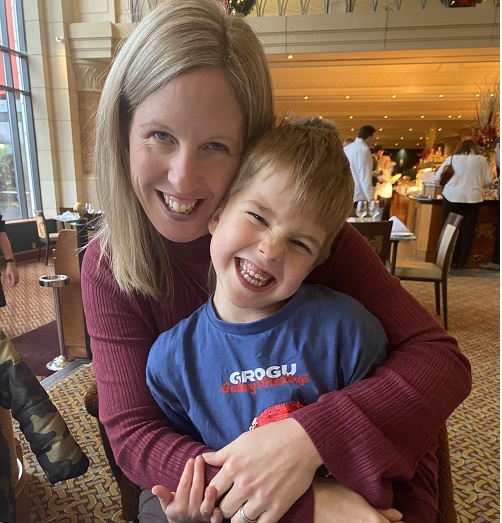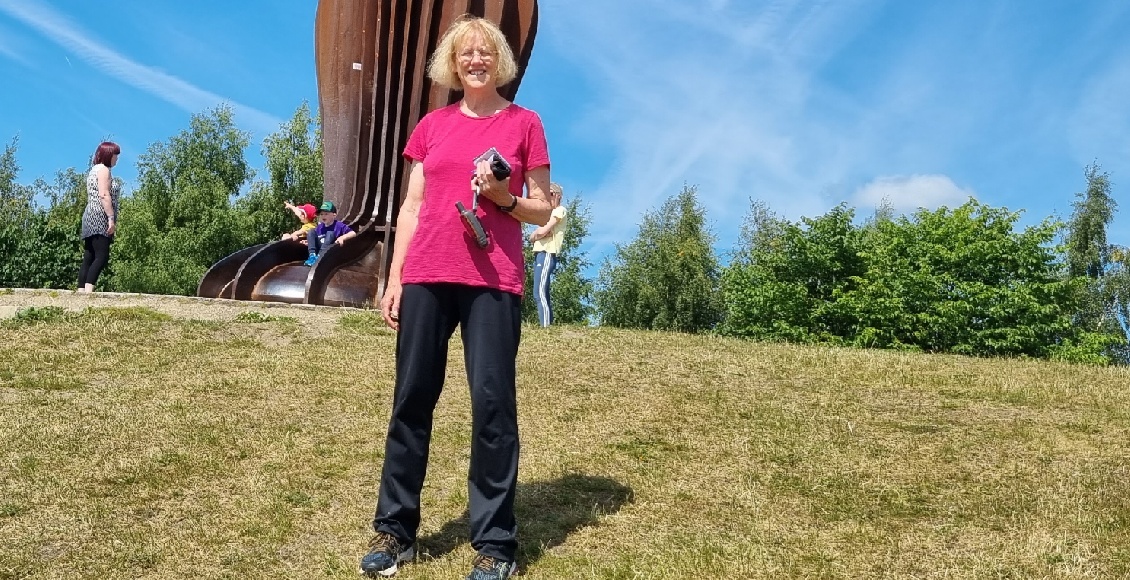
Khadija Brown
Diagnosed in 2004.
"Speaking about living with diabetes on social media has helped me to connect with Black people and people of ethnic minorities living with the condition."
Khadija was born five weeks early (hence the name Khadija, which means early baby girl). Her pancreas overproduced insulin, which meant she was having a lot of hypos. At the time the only way the doctors could combat this was to remove 90% of her pancreas, which they did when she was just four months old.
Here, Khadija talks about her diagnosis, journey with diabetes and also what Black History Month means to her.


